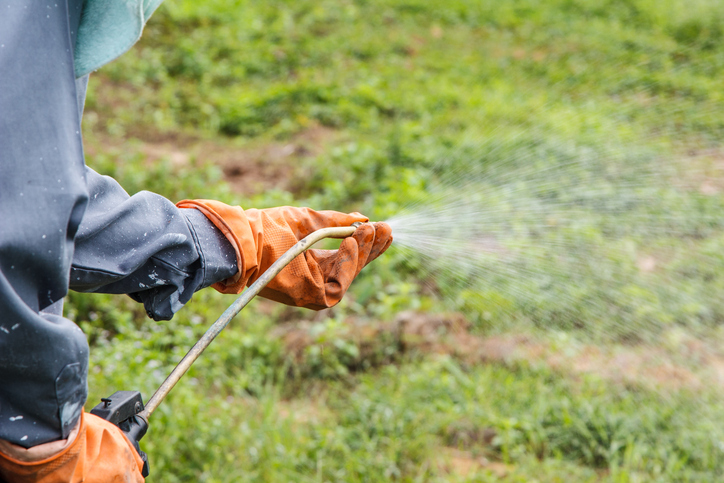

A San Francisco jury on Saturday ordered Monsanto to pay $US289 million ($NZ439.1 million) to a former school ground-keeper, on the basis its product Roundup had contributed to his cancer.
The lawsuit from Dewayne Johnson claimed Roundup caused his non-Hodgkin’s lymphoma, which Monsanto denies.
A former South Otago organic farmer welcomed the decision, and predicted the landmark case would prompt massive numbers of complaints.
However, Federated Farmers said the majority of scientific research reports had found it was safe to use, and warned of not banning it, as the alternative could be even more toxic chemicals.
Monsanto insists hundreds of studies have established that the active ingredient in Roundup — glyphosate — is safe and reportedly plans to appeal the decision.
Former South Otago organic farmer Graham Clarke called it a ‘‘fantastic result’’, but said ‘‘it won’t be the end of it, of course’’.
Mr Clarke has about a decade of experience in organic farming and only recently stepped down from his national role at the Soil and Health Association.
He predicted hundreds of thousands of complaints would emerge after the landmark case.
Arguably, Roundup’s biggest strength — when it was used in farming — was that it would kill anything you put it on, he said.
Federated Farmers national vice-president Andrew Hoggard said most of the scientific research, with the exception of one report by the WHO, said it was safe to use.
‘‘I don’t think the science is robust enough to say you know, off that one study by WHO, that it’s bad.
‘‘I was in Europe not so long ago and it’s quite a topical issue over there. They very nearly banned it.’’
Mr Hoggard said he would be very concerned if the product was banned in New Zealand and added that there was not a suitable replacement for farmers available.
‘‘My understanding is that you would have to go back to chemicals that are a hell of a lot more toxic.’’
It was an effective product for spraying out paddocks between pastures, and if not, Roundup, something with the same active agent — glyphosate — would need to be used, he said.
‘‘It’s one of those trade-offs in life,’’ he said.
Farmers should use common sense and not apply the spray on windy days, he said.
The European Food Safety Authority also says glyphosate is unlikely to cause cancer in humans.
- NZME/RNZ

















